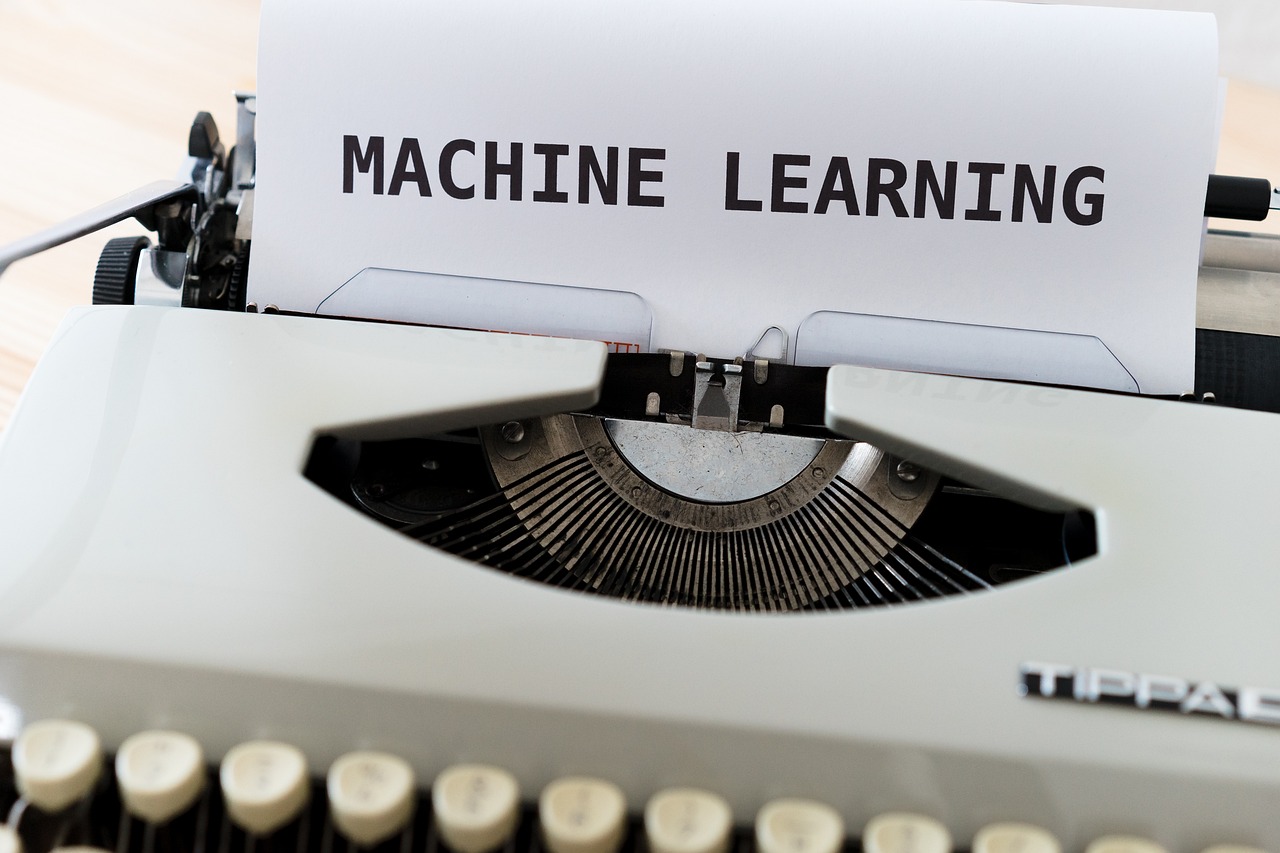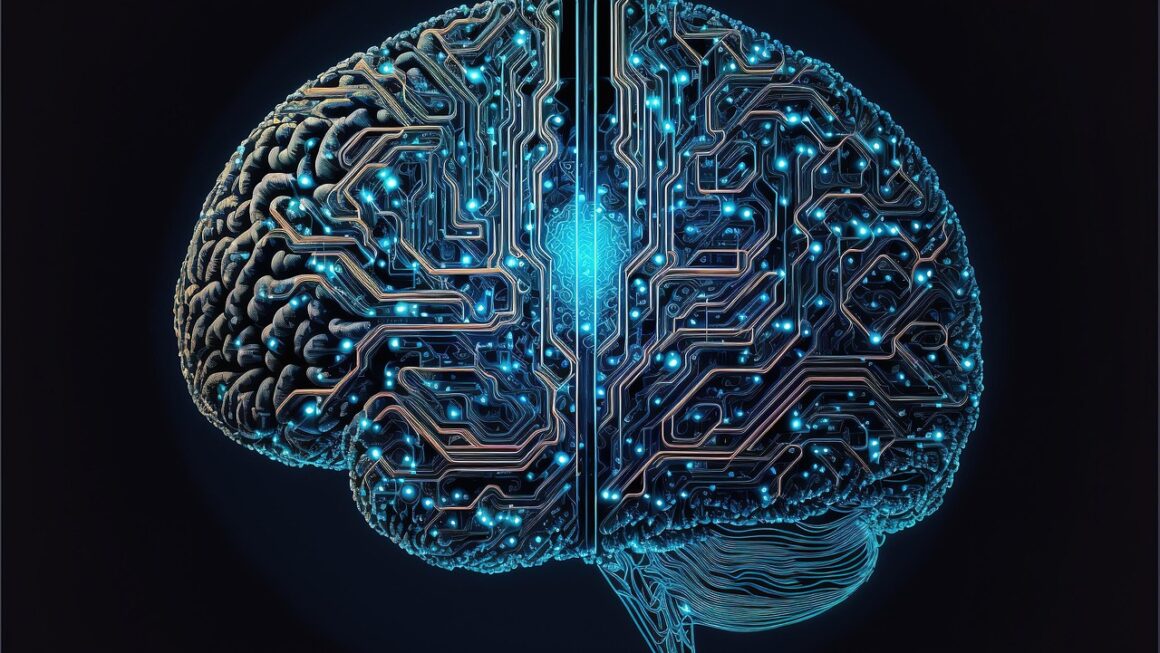The healthcare industry is undergoing a dramatic transformation, and at the heart of this revolution lies artificial intelligence (AI). From streamlining administrative tasks to enabling more accurate diagnoses and personalized treatments, AI is rapidly changing how healthcare is delivered, managed, and experienced. This article explores the profound impact of AI in healthcare, examining its diverse applications, benefits, challenges, and future potential.
AI-Powered Diagnostics and Early Detection
Improving Diagnostic Accuracy
AI algorithms, particularly those based on machine learning, are demonstrating impressive capabilities in analyzing medical images like X-rays, MRIs, and CT scans. These AI systems can often detect subtle anomalies that might be missed by human eyes, leading to earlier and more accurate diagnoses.
- Example: AI algorithms trained on vast datasets of retinal images can detect early signs of diabetic retinopathy, a leading cause of blindness, often before any noticeable symptoms appear. This allows for timely intervention and potentially prevents significant vision loss.
- Benefit: Reduced diagnostic errors, faster diagnosis times, and improved patient outcomes.
Predicting Disease Outbreaks
AI can analyze large datasets from various sources, including social media, news articles, and search queries, to identify patterns and predict disease outbreaks. This enables public health officials to respond quickly and effectively to prevent the spread of infectious diseases.
- Example: Google Flu Trends, though now discontinued as originally designed, demonstrated the potential of using search data to estimate influenza activity. Modern AI models using similar principles but incorporating additional data sources can provide even more accurate and timely predictions.
- Actionable Takeaway: Healthcare providers and public health agencies should explore AI-powered predictive analytics to proactively manage potential health crises.
Personalized Treatment and Precision Medicine
Tailoring Treatment Plans
AI is enabling a shift towards personalized medicine by analyzing individual patient data, including genetic information, lifestyle factors, and medical history, to identify the most effective treatment options. This approach maximizes treatment efficacy while minimizing potential side effects.
- Example: In oncology, AI can analyze tumor DNA to identify specific genetic mutations that drive cancer growth. This information can then be used to select targeted therapies that are most likely to be effective against the patient’s specific type of cancer.
- Benefit: More effective treatments, fewer side effects, and improved quality of life for patients.
Drug Discovery and Development
The drug discovery process is notoriously lengthy and expensive. AI is accelerating this process by analyzing vast datasets of chemical compounds and biological pathways to identify promising drug candidates.
- Example: Atomwise, an AI company, uses deep learning to predict which small molecules will bind to specific protein targets. This technology has been used to identify potential drug candidates for diseases like Ebola and multiple sclerosis.
- Actionable Takeaway: Pharmaceutical companies should invest in AI-powered drug discovery platforms to accelerate the development of new and innovative therapies.
Streamlining Administrative Tasks and Improving Efficiency
Automating Routine Processes
AI-powered chatbots and virtual assistants can automate many routine administrative tasks, such as scheduling appointments, answering patient inquiries, and processing insurance claims. This frees up healthcare professionals to focus on more complex and critical tasks.
- Example: Many hospitals are using AI-powered chatbots to provide patients with information about their upcoming appointments, answer frequently asked questions about their medications, and direct them to the appropriate resources.
- Benefit: Reduced administrative burden, improved efficiency, and enhanced patient satisfaction.
Optimizing Hospital Operations
AI can analyze data on patient flow, resource utilization, and staffing levels to optimize hospital operations and improve efficiency. This can lead to reduced wait times, lower costs, and better patient care.
- Example: AI algorithms can predict patient arrivals in the emergency room, allowing hospitals to allocate staff and resources more effectively to meet anticipated demand.
- Actionable Takeaway: Healthcare organizations should leverage AI to optimize their operations and improve the overall patient experience.
AI-Assisted Robotic Surgery
Enhancing Surgical Precision
AI is being integrated into surgical robots to enhance precision and control during complex procedures. AI algorithms can analyze real-time imaging data to guide the robot’s movements, minimize tissue damage, and improve surgical outcomes.
- Example: The Da Vinci Surgical System, which utilizes AI-powered image recognition and robotic arms, allows surgeons to perform minimally invasive procedures with greater precision and control.
- Benefit: Reduced recovery times, smaller incisions, and improved surgical outcomes.
Providing Remote Surgical Assistance
AI-powered surgical robots can potentially provide remote surgical assistance to patients in underserved areas or during emergencies. This could significantly improve access to specialized surgical care.
- Example: Researchers are developing AI-powered robots that can be controlled remotely by surgeons, allowing them to perform procedures on patients located in remote areas or on the battlefield.
- Actionable Takeaway: Invest in research and development of AI-assisted robotic surgery to expand access to quality surgical care, particularly in remote and underserved communities.
Ethical Considerations and Challenges
Data Privacy and Security
The use of AI in healthcare raises significant concerns about data privacy and security. AI algorithms require access to large amounts of sensitive patient data, and it is crucial to ensure that this data is protected from unauthorized access and misuse.
- Challenge: Balancing the need for data to train AI algorithms with the need to protect patient privacy is a complex ethical and legal challenge.
- Solution: Implement robust data encryption, access controls, and data anonymization techniques to protect patient data. Comply with all relevant privacy regulations, such as HIPAA.
Bias and Fairness
AI algorithms can perpetuate existing biases in healthcare if they are trained on biased data. This can lead to disparities in care and unfair treatment of certain patient populations.
- Challenge: Ensuring that AI algorithms are fair and unbiased is essential to preventing disparities in healthcare.
- Solution: Carefully curate and evaluate the data used to train AI algorithms to identify and mitigate potential biases. Continuously monitor AI systems for signs of bias and retrain them as needed.
Transparency and Explainability
It can be difficult to understand how AI algorithms make decisions, which can raise concerns about transparency and accountability. Healthcare professionals need to be able to understand and trust the recommendations made by AI systems.
- Challenge: “Black box” AI algorithms can be difficult to understand and interpret, making it difficult for healthcare professionals to trust their recommendations.
- Solution: Develop more explainable AI (XAI) techniques that can provide insights into how AI algorithms make decisions. Provide healthcare professionals with training on how to interpret and use AI recommendations.
Conclusion
AI is poised to revolutionize the healthcare industry, offering the potential to improve diagnostic accuracy, personalize treatments, streamline administrative tasks, and enhance surgical precision. However, it is crucial to address the ethical considerations and challenges associated with AI, such as data privacy, bias, and transparency, to ensure that these technologies are used responsibly and equitably. By embracing AI in a thoughtful and strategic manner, we can unlock its immense potential to transform healthcare and improve the lives of patients around the world. As AI continues to evolve, ongoing research, collaboration, and ethical frameworks will be essential to guide its integration into the healthcare landscape.
Read our previous article: Decoding Crypto: Optimizing Portfolios For The Next Bull Run




